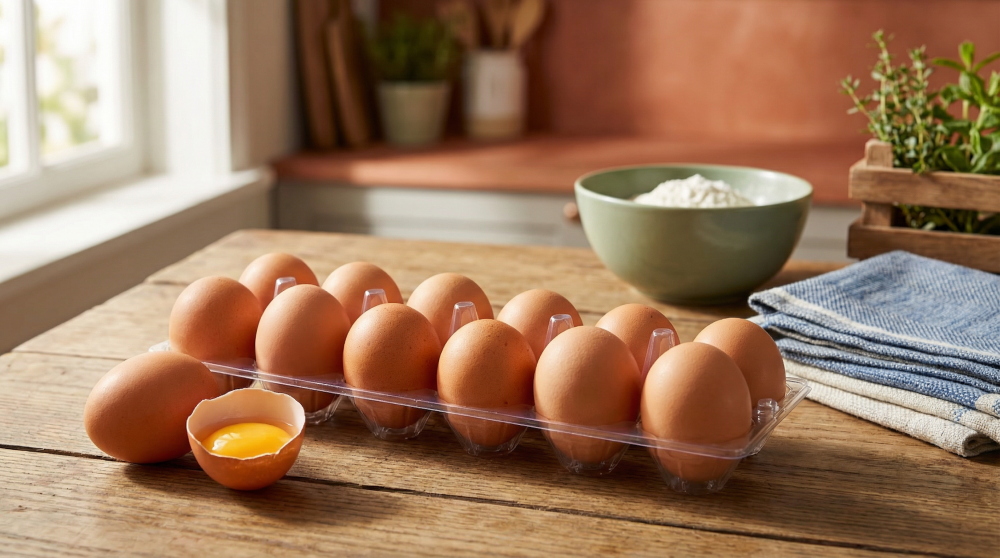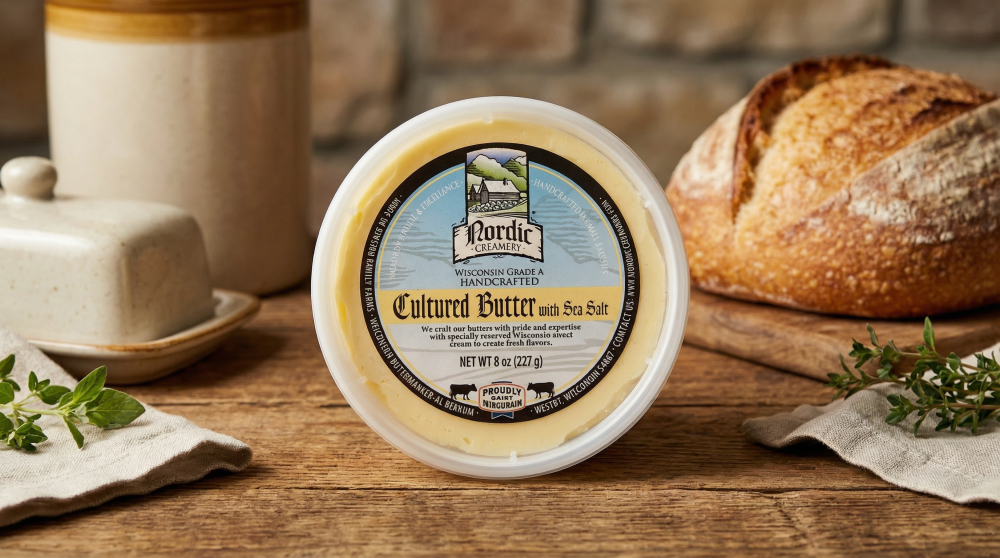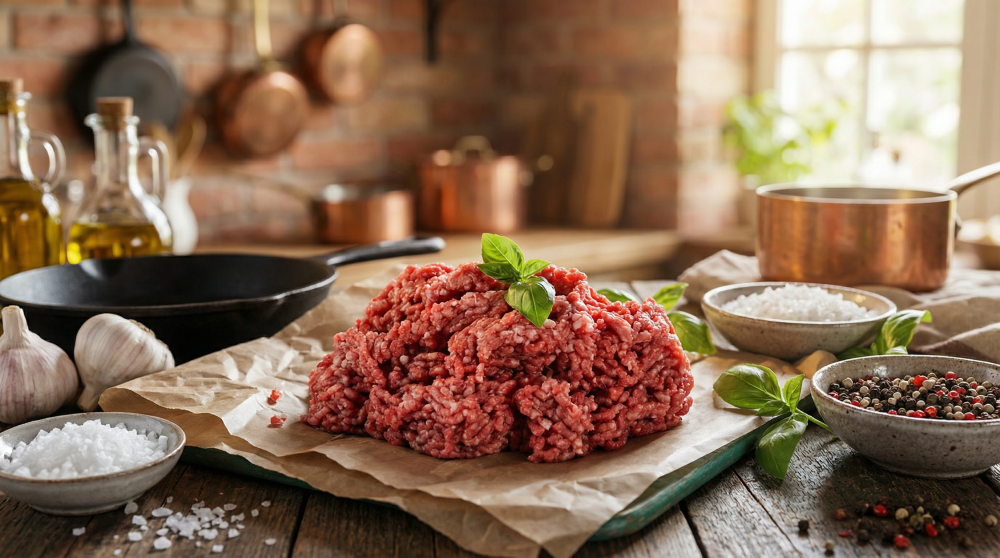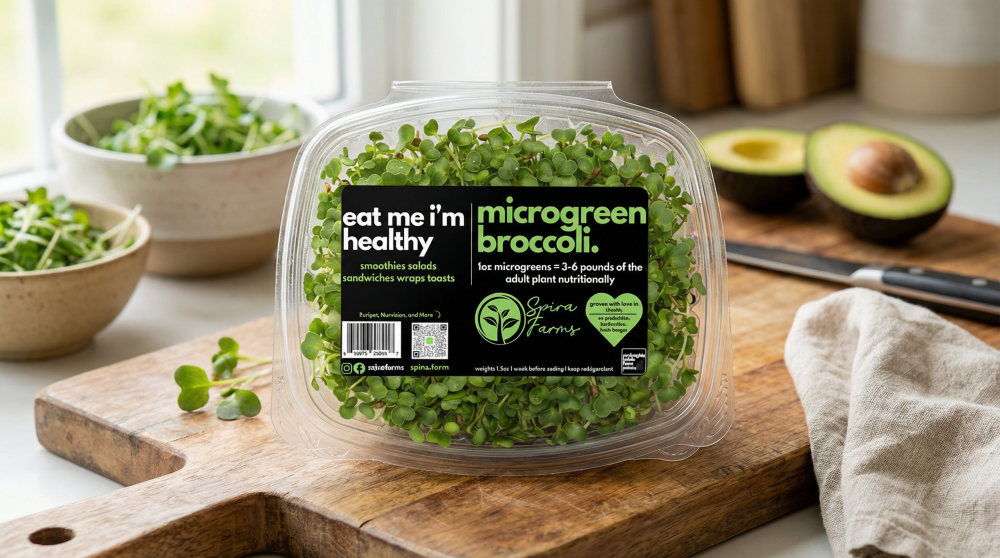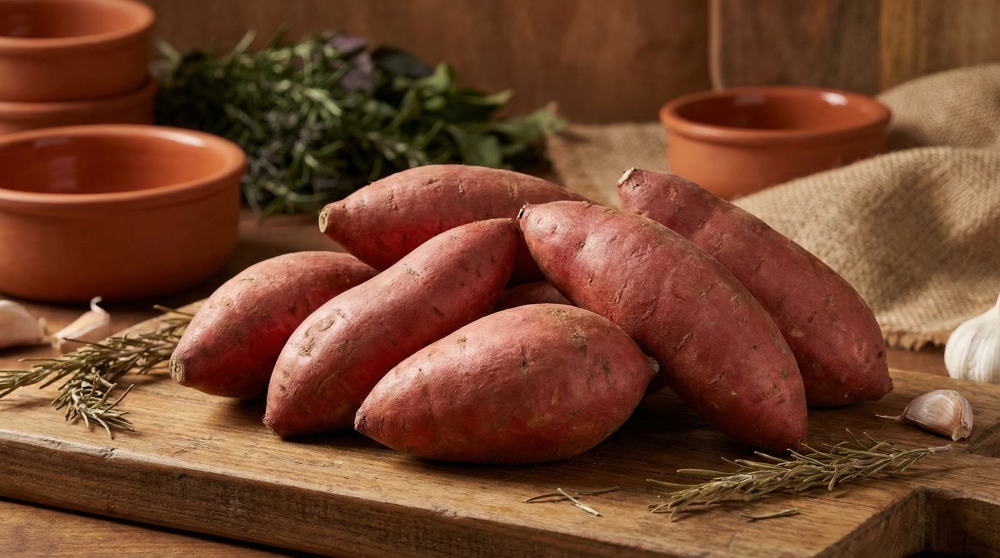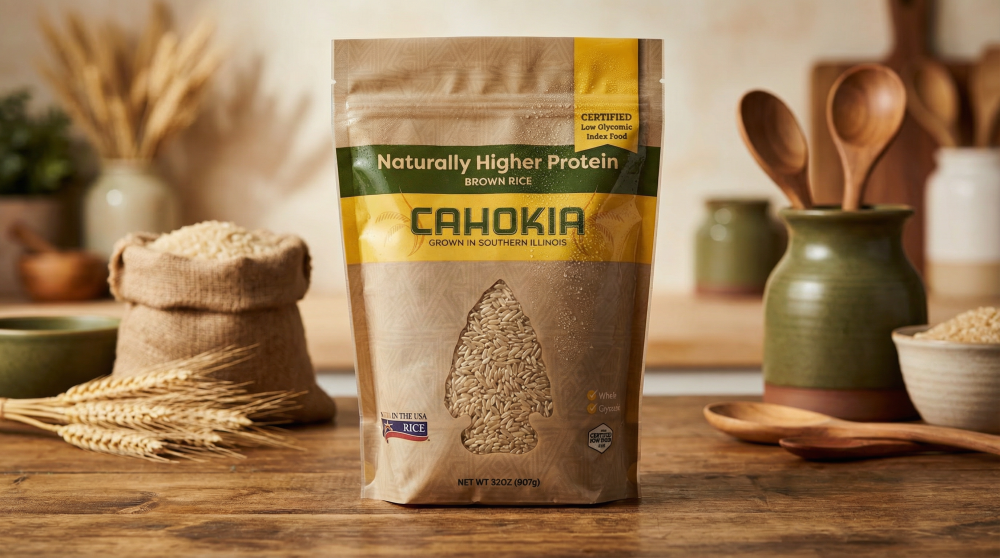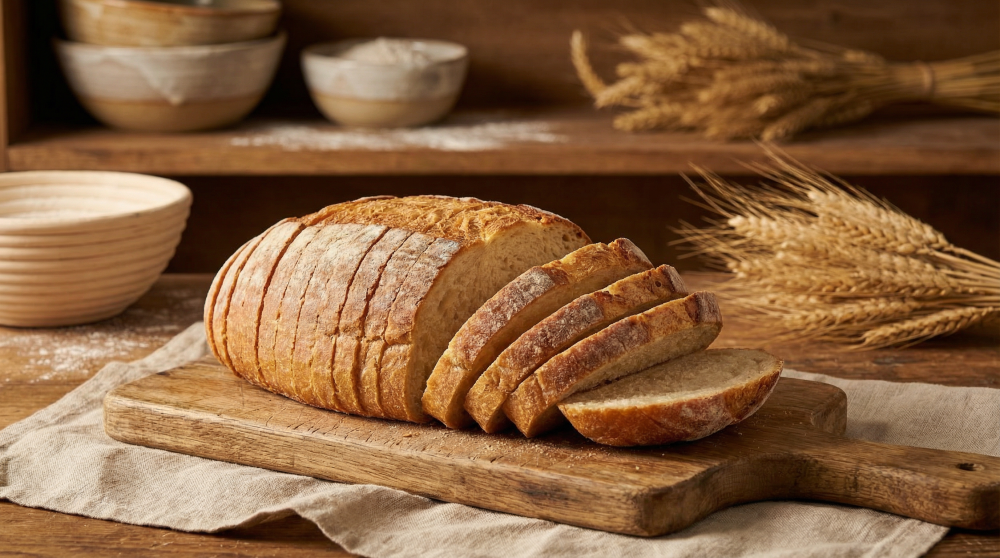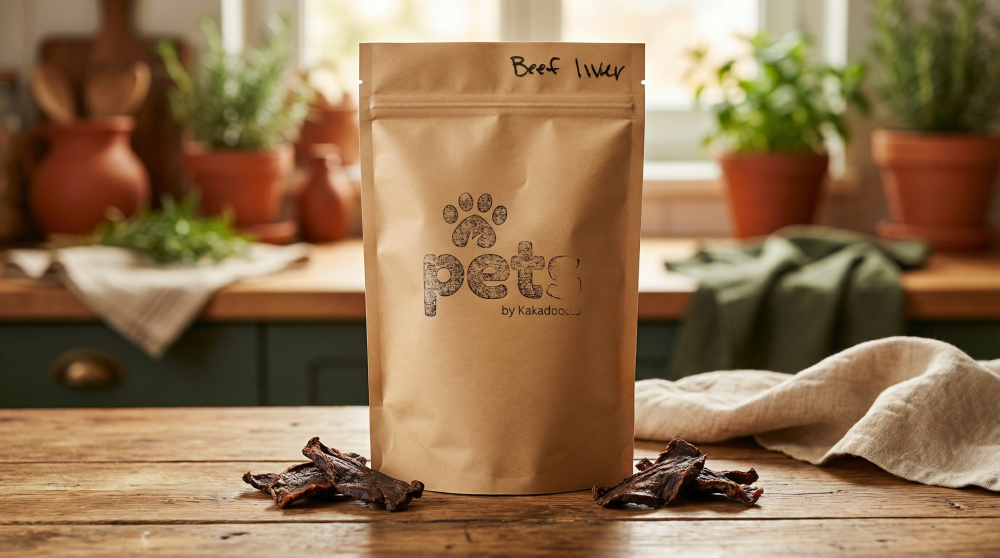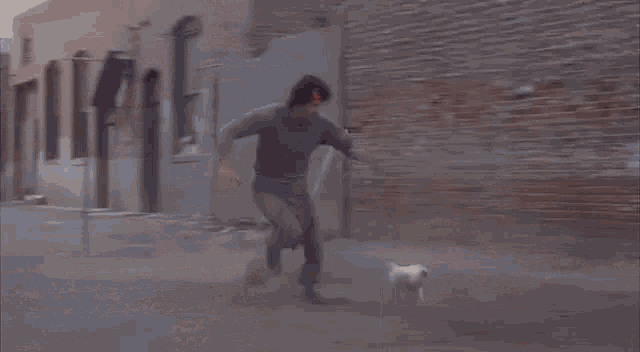article Why Most Local Food Startups Fail
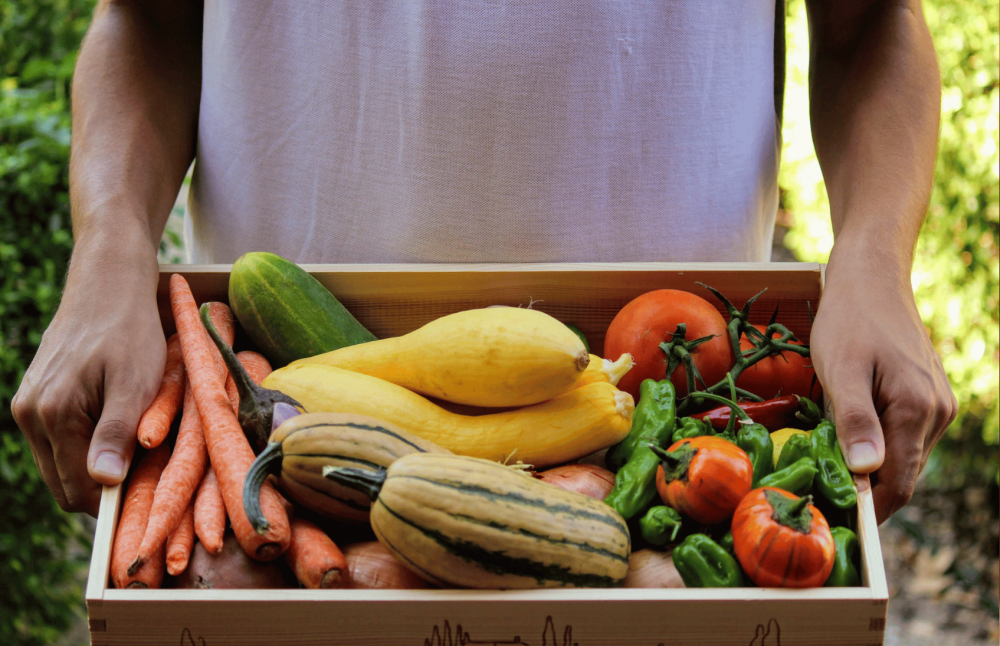
We’ve watched a lot of companies with similar ideas crash and burn. Good ideas. Talented teams. Millions raised. Still, they failed. Let’s talk about why...
The “Software First” Trap
Startups like Good Eggs, MilkRun, and Farmigo all made the same bet: scale fast, raise money, win big.
It’s the classic software playbook—launch quickly, grow faster, raise another round, and dominate the market before the competition catches up. And to be fair, in many industries, that model works. But food is different. Local food is really different.
Good Eggs built a beautiful platform but burned through $100M+ trying to stretch into too many markets before their operations could keep up. Farmigo raised $26 million and tried with pickup locations—but ultimately folded. MilkRun raised $10 million and then collapsed under logistics complexity.
These weren’t bad ideas. But they were a "software-first" play in a system that demands something slower, messier, and more grounded.
Why We’re Different
Honestly, when we started Kakadoodle, we were taking the same “software-first” approach. Like many of the failed startups before us, we thought if we just built the platform—gave farmers a tool and connected them to consumers—we could solve the problem.
Early on, we were lucky to be mentored by Andrew Parkinson, co-founder of Peapod. He told us that us being the farmer was actually a big deal. At the time, he was focused mostly on margin—saying that by being the farmer ourselves, we’d have more margin to work with, which would help us reach profitability faster.
Turns out, he was right—but not just because of margins. As we kept going, we realized it mattered for much deeper reasons.
Farmers First, For Real
We didn’t choose this model because it sounded good in a pitch deck. We chose it because it’s the only thing that makes sense.
Being farmers means we live and breathe the product. It means we actually know what it takes to deliver a dozen clean, pasture-raised eggs. It means when someone asks us at a farmers market where our chickens are, we can point and say “Five minutes that way.”
That kind of authenticity isn’t optional—it’s everything.
“Farmers First” isn’t just about margin. It’s about trust. It’s about credibility. It’s about knowing the difference between a software abstraction and the real, dirty, beautiful work of growing food.
And yes—it means we scale at the pace of agriculture. Slowly. Seasonally. Sustainably.
Why We Haven’t Taken VC Money
Today I had a conversation with a venture capital firm out of Chicago, which is why this is on my mind. I’ve been in touch with them for a while, and they’ve always been encouraging and supportive of what we’re building with Kakadoodle. This was the first time we had a more formal conversation about what working together could look like.
At one point, they asked me: “There have been a lot of companies that tried to get local food to people and failed. Why do you think that is?”
My answer: they all raised venture capital.
Maybe a bold thing to say to a venture capitalist—but they agreed. Scaling food systems isn’t like scaling software. It takes seasons, land, and animals. Agriculture does not scale at the pace of venture capital.
But Capital Is Still Important
But here’s the truth: as we grow, we’re going to need capital. Cold storage units, walk-in freezers, delivery vans, software, distribution infrastructure—it’s not cheap.
During the conversation with the VC, we shifted into brainstorming what other types of funding might actually fit Kakadoodle. Yes, we’ve used grants—and they’ve helped—but they’re unpredictable and can’t be the foundation of a long-term plan.
What we explored instead: • A small equity round with friends and family • A values-aligned impact fund • Maybe even turning Kakadoodle into a customer-owned co-op!
We don’t have the answer yet. But we’re asking the right questions now. And we’re finally at a point where the right kind of capital could throw a little gas on the fire—without burning down everything we care about.
What’s Next
We’re not here to replicate the failures of the past. We’re here to build something that works—for consumers, for farmers, and for the land.
If that excites you, stick around. It’s just the beginning.
